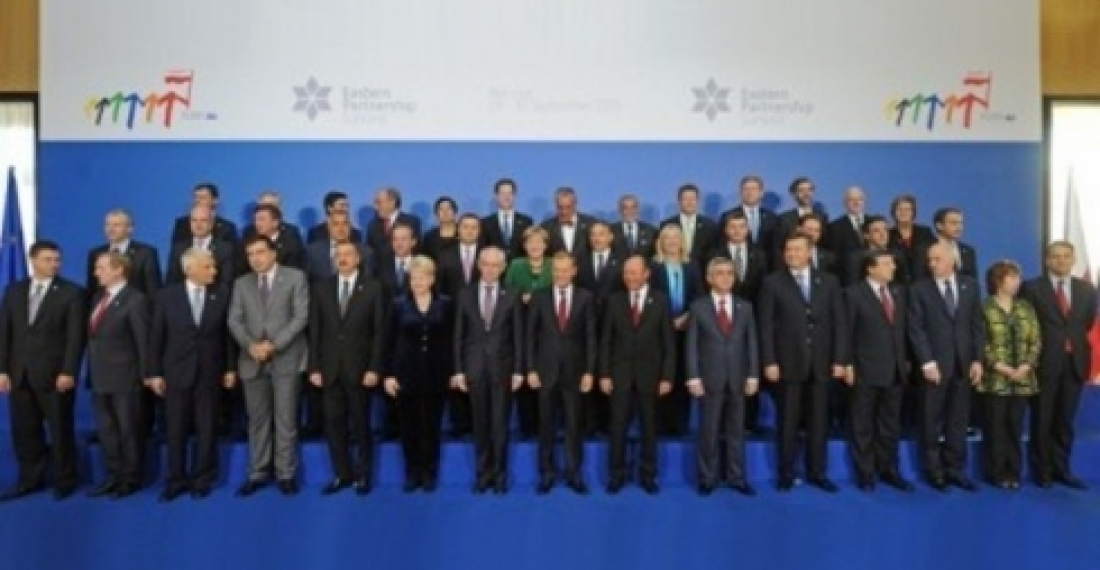Delegations of 32 EU Member States and partner countries as well as representatives of the main European Union institutions debated for two days on the future of the Eastern Partnership and reviewed its achievements since it was launched two years ago.
The meeting was overshadowed by the question of Belarus. The country had participated in the preparation for the Summit, but in the end failed to attend. Their were differences in the approach to Belarus of the EU, and of the other five partner countries. The message from the partner countries to the EU was that they need to engage with Belarus, and not isolate it. The EU, incensed by the human rights situation in the country, has for the moment stood firm, offering Belarus an attractive assistance package which it desperately needs, but making three conditions: (1) release of political prisoners, (2) meaningful dialogue between government and opposition, and (3) free and fair parliamentary elections.
Another issue that loomed over the meeting was the fate of Former Ukrainian Prime Minister Yulia Timoshenko. The EU has called for her release and has made it clear that her fate will condition the future of relations with Ukraine.
"The Warsaw meeting concluded with the adoption of a joint declaration, which sends a clear legible signal to the six partners: the European Union is willing to assist them and talk about their European aspirations and forms of tighter integration. The Summit participants concurred that the strengthening of the Eastern Partnership – including its more generous financing – is essential today, even though the EU is grappling with the economic crisis and has committed itself to building a new strategy for countries of the South", according to the web site of the Polish Presidency of the EU. This summit was important for Poland, an initiator of the idea of the Eastern Partnership and a key EU player in the East.
The Summit was successful in laying out tangible plans for co-operation in the future. In the end it will be these issues that matter, both for the future relations as well as for the life of the peoople of the countries concerned. It was however not one of those events that one could describe as "historic". The differences in approach and thinking on a number of issues were clear. It is very evident after Warsaw that the Eastern Partnership is "work in progress" and "under construction", but it is also clear that this work has now started.
source: commonspace.eu editorial team
photo: Family photo of the leaders at the Eastern Partnership Summit in Warsaw on 30 September 2011 (picture courtesy of the Polish Government)







